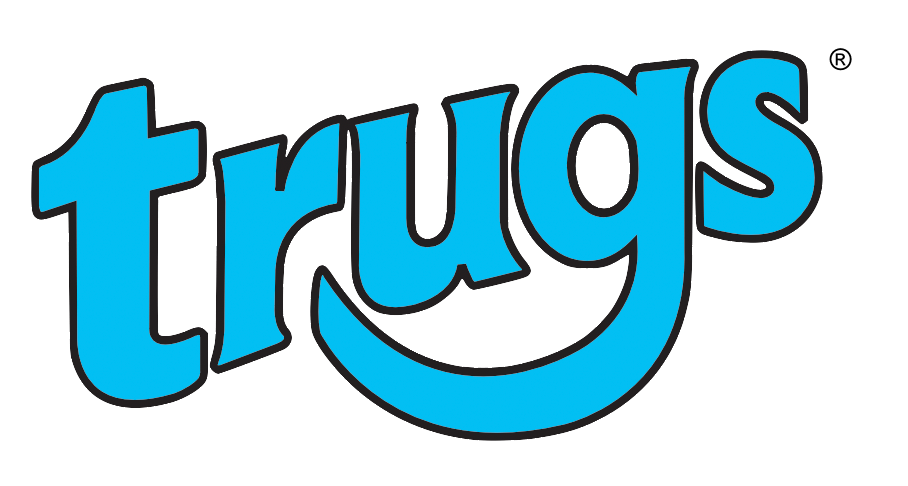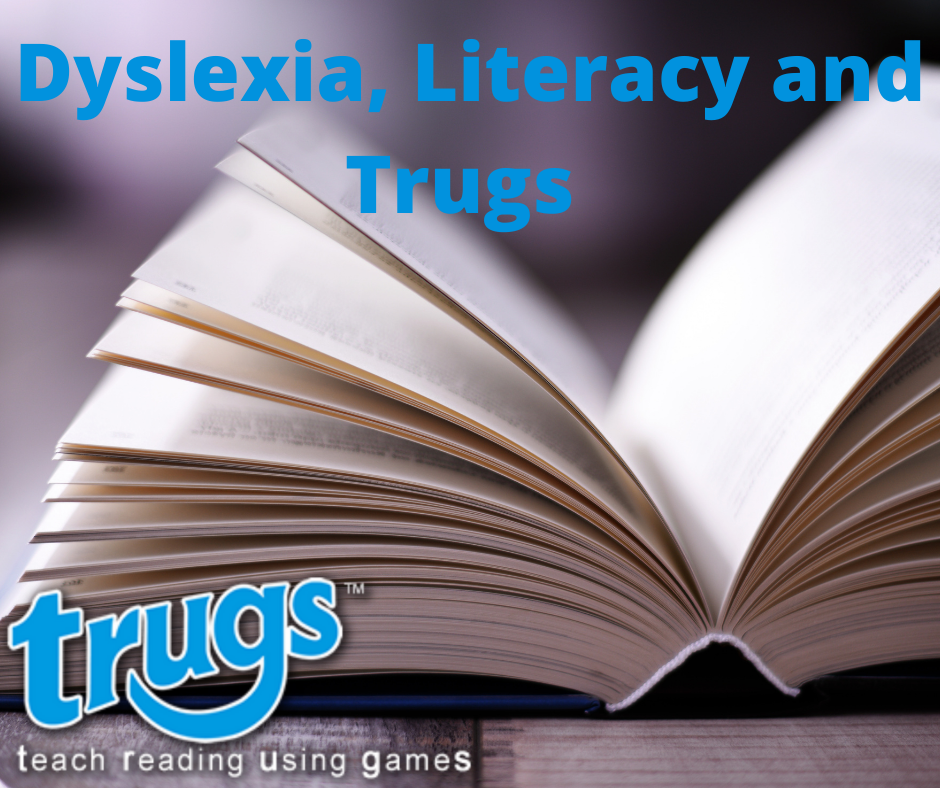According to the Rose Report 2009 the definition of dyslexia is: “Dyslexia is a learning difficulty that primarily affects the skills involved in accurate and fluent word reading and spelling. Characteristic features of dyslexia are difficulties in phonological awareness”
We know that a high percentage of dyslexic’s have difficulties with literacy. As a severely dyslexic, the combination of literacy such as reading, spelling and writing are difficult for me on a daily basis.
I also can agree that the difficulty with phonological awareness is also apparent in my dyslexia. This is mainly because I wasn’t taught phonics in the way we teach phonics today.
When we look at phonological awareness the ability to recognise the sounds within spoken language which is that metacognition skill. We also know that English can be one of the most difficult languages to learn with 44 sounds to 26 letters.
There is a lot of research, and my personal knowledge, that playing games helps us to learn. Activities that are fun and engaging that make us laugh, that challenges also help us to learn.
When we look at trugs, all of the games are multi-sensory, fun, engaging but also challenge the pupil to learn. Across the 15 stages trugs builds on that phonics approach of gaining mastery of literacy.
By playing the three games, get it, match it and take it we can challenge young people to have a fun and engaging challenge to help and support their learning within reading, spelling phonics and literacy skills.
Find out a bit more about the games. Watch Video’s Here

